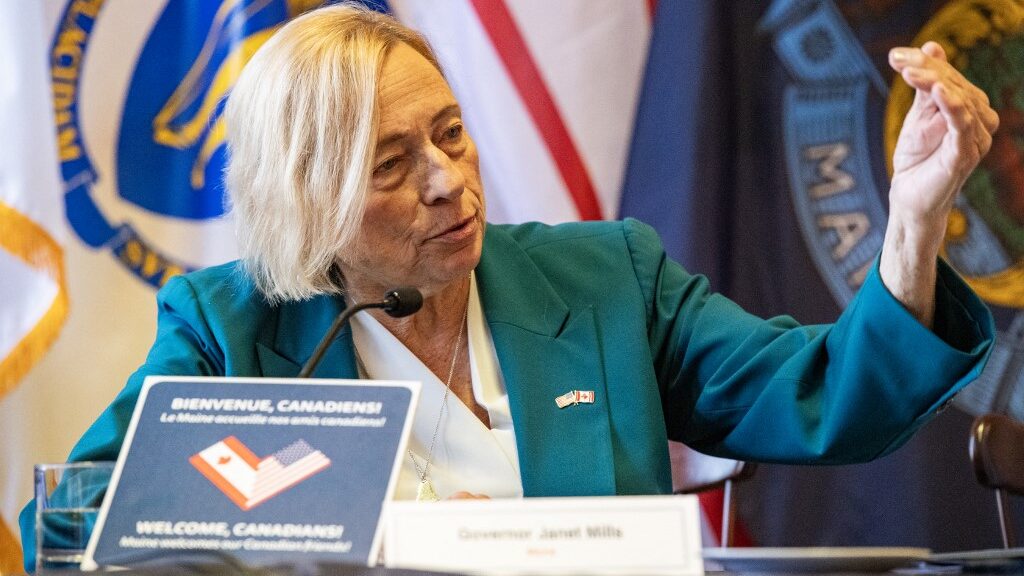
Green Mountain State residents are on the verge of being able to enjoy Vermont sports betting like never before, as the state House of Representatives passed an amended version of the sports betting bill, which had been returned by the Senate, Tuesday morning.
Now that the House and Senate are on board, the bill is on its way to Gov. Phil Scott, who is expected to sign it.
What the Vermont Sports Betting Law Will Allow
This bill allows people to place bets online on sports games through a minimum of two and a maximum of six platforms. There will be no physical locations where people can go to place bets. The law also includes strict rules about advertising and marketing to protect people under 21 years old.
Scott will have five days (excluding Sunday) to act on the measure after receiving it. During that time, he can sign or veto the law, but if no action is taken, the bill is declared approved.
If it becomes law, Vermont would follow Kentucky and become the second state to legalize sports betting this year. Vermont will also be the third state to only allow digital betting, and the final New England state to legalize sports betting.
Expect to See Sports Betting Apps Launch in Vermont Soon
The exact number of online operators will be determined by revenue-sharing agreements between possible operators and the Department of Liquor and Lottery, though lawmakers have suggested that two or three are expected.
According to a regulatory timeframe outlined in the bill, these would most likely be available by January 2024.
Sports Betting Operators Will Pay a Price
Each company that wants to operate in Vermont will need to pay a yearly fee of $550,000 for at least three years. They will also need to share a minimum of 20% of their revenue with the state.
The new law will allow people to bet on college sports, but only if they are 21 years old or older. Additionally, the state’s regulation of daily fantasy sports will be reviewed by the Department of Liquor and Lottery (DLL) under this law.
When evaluating the bids from companies, the DLL will consider three main priorities: maximizing revenue for the state, reducing illegal sports betting, and supporting efforts to address problem gambling.
The DLL will ask each applicant for the following information:
- An estimate of the applicant’s revenue.
- The percentage of revenue they plan to share with the state.
- The number of websites they intend to use.
- Their responsible gaming plan.
- The jurisdictions in which they currently operate.
- Their player acquisition model.
- Their advertising program.
- Their marketing budget.
Sports Betting Is Expected to Be Big Business in Vermont
The Joint Fiscal Office predicts that the state will earn about $2 million in taxes from sports betting in 2024. This amount is expected to increase significantly in the following years, with an estimated earning of between $4.6 million and $10.6 million in 2025, and approximately $10 million each year after that.
A portion of the revenue earned from sports betting will be used to fund programs that address problem gambling. In the first year, $250,000 will be allocated to these programs, and this amount will increase to $550,000 each year. The remaining revenue will be sent to the general fund.















